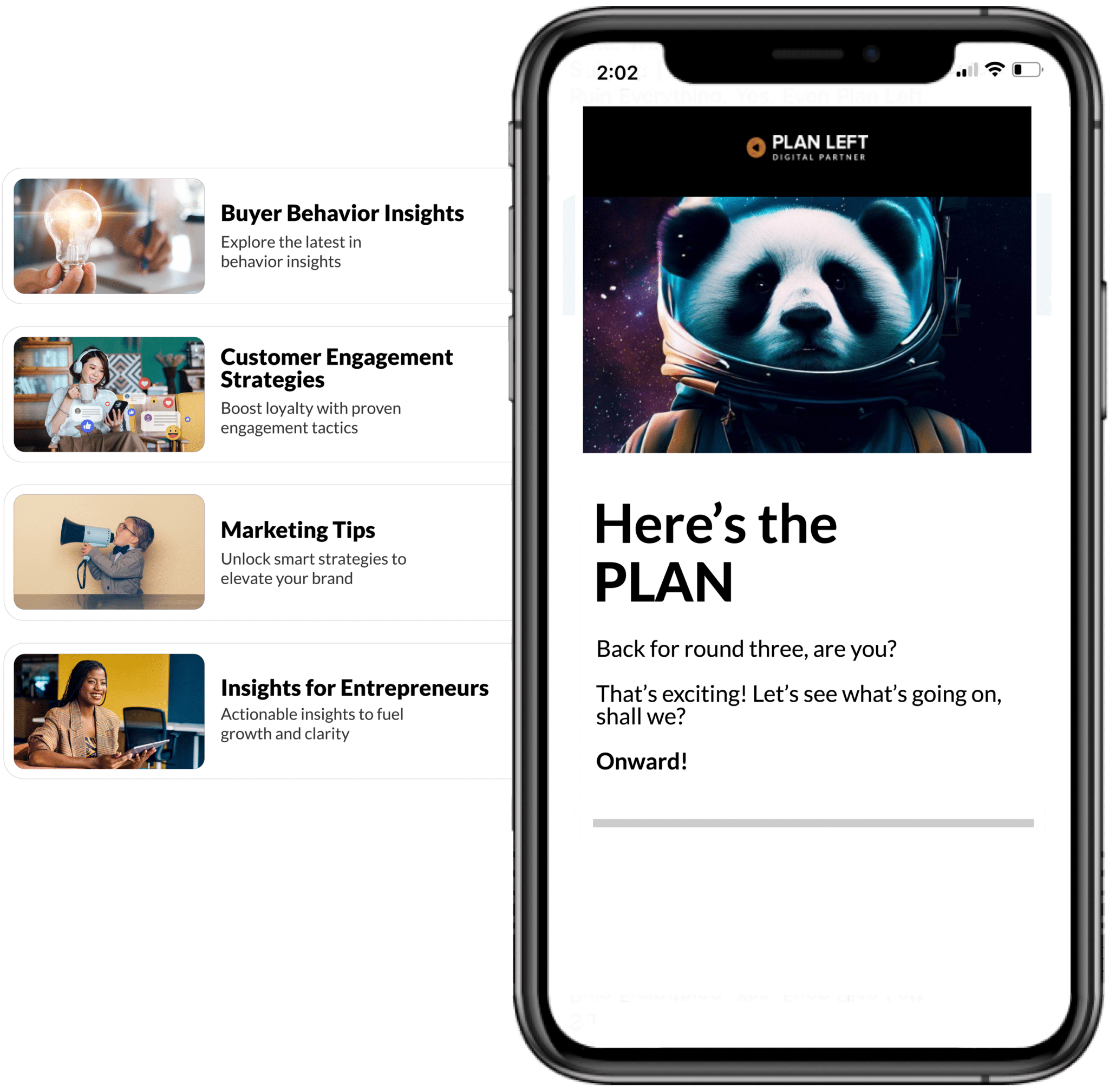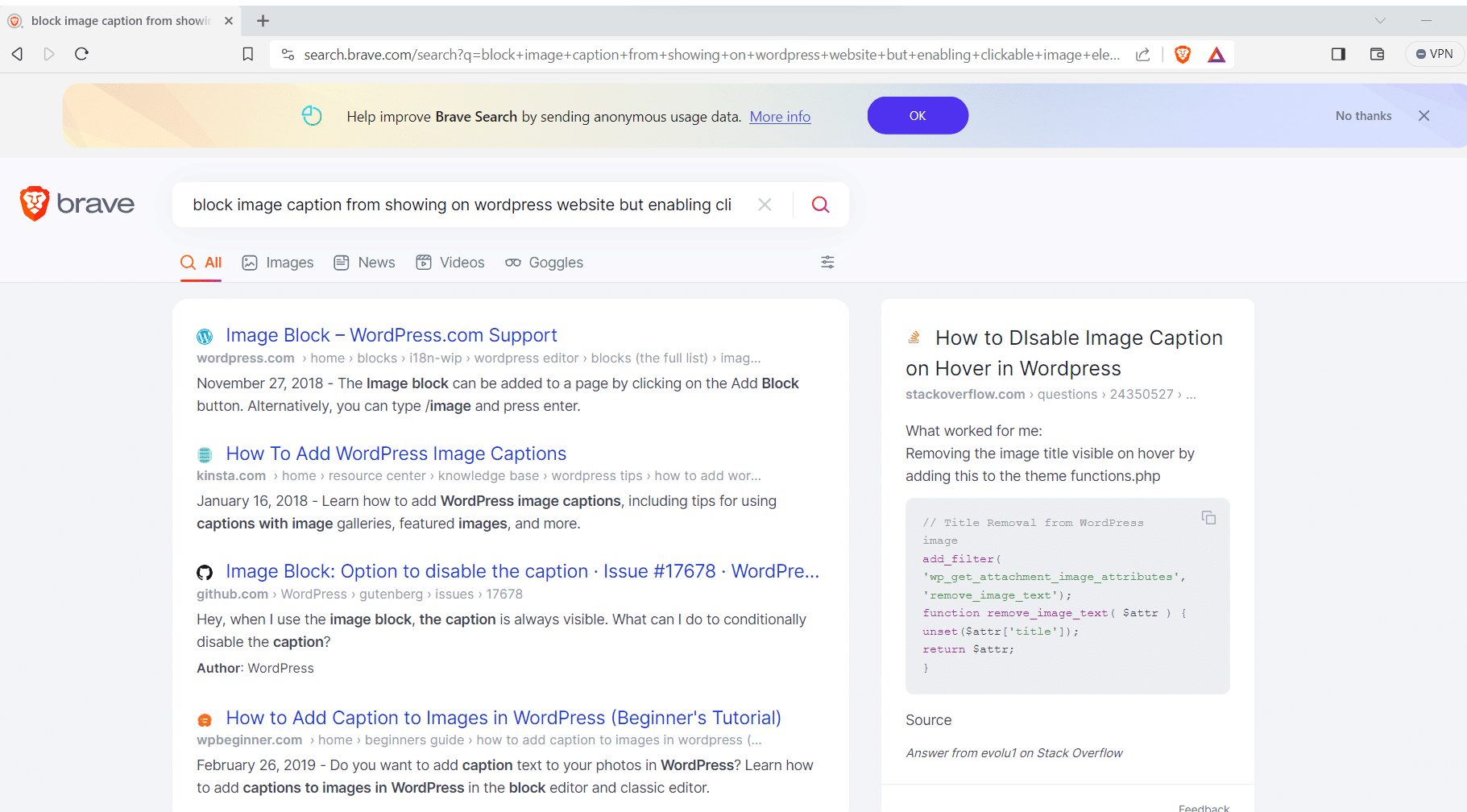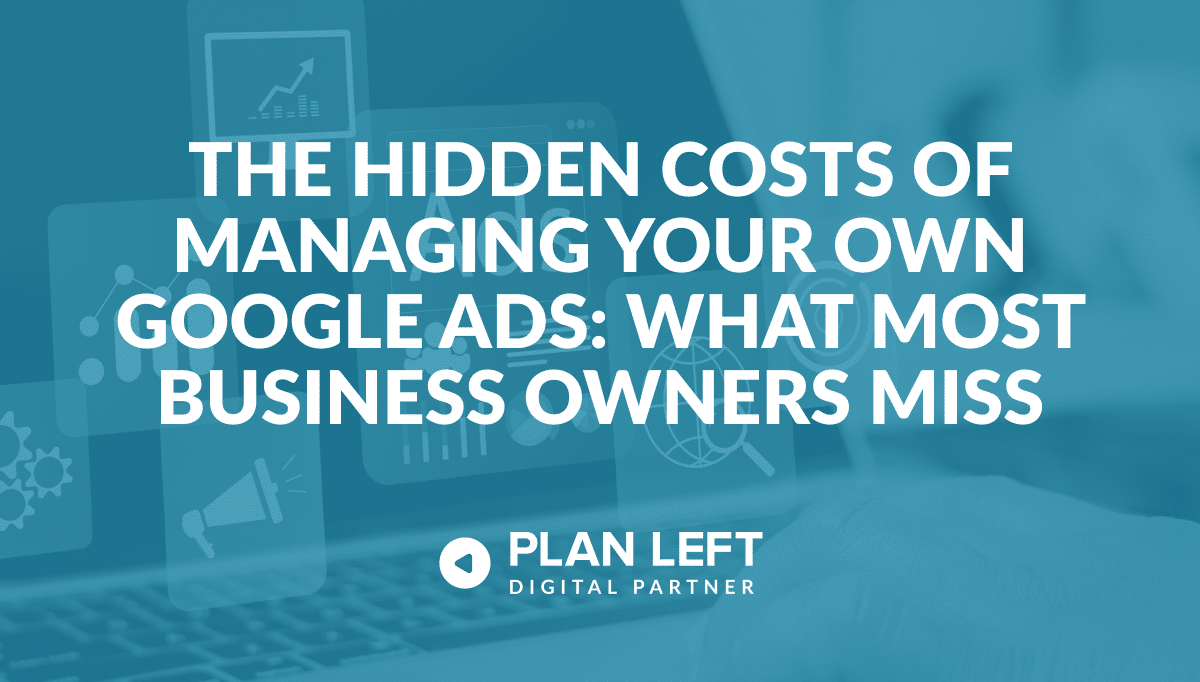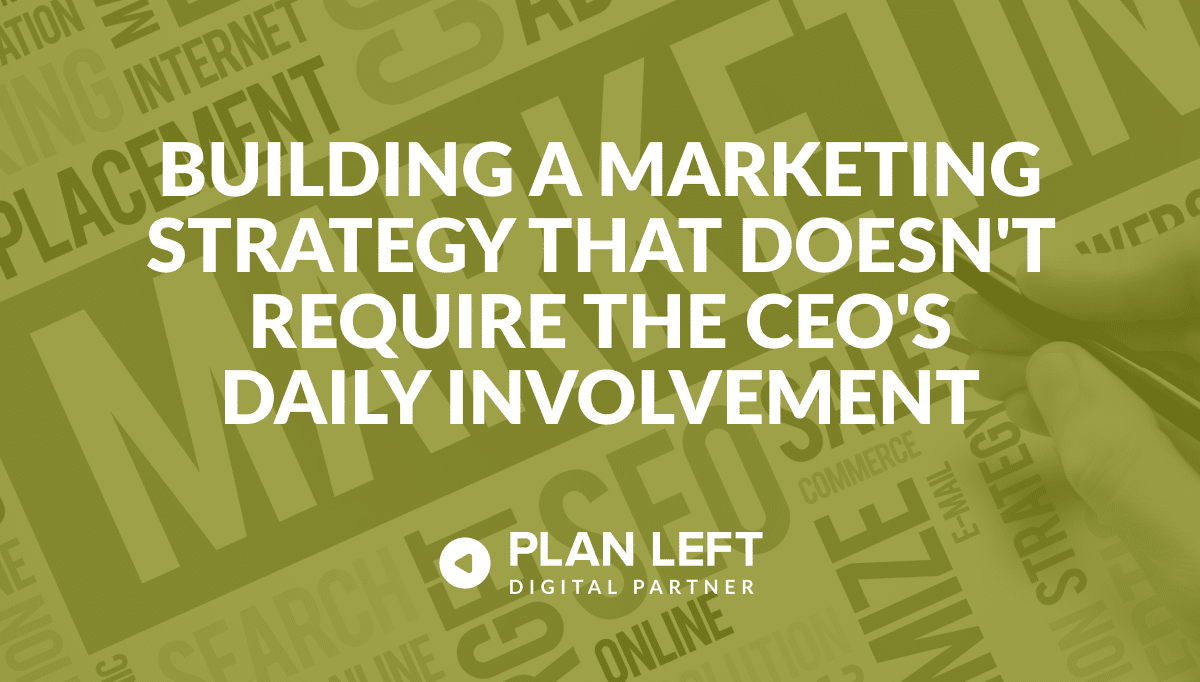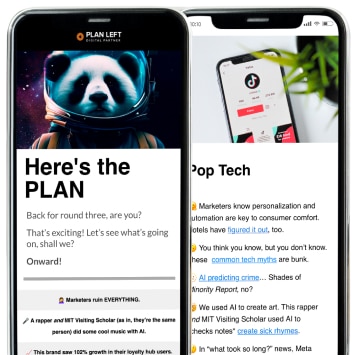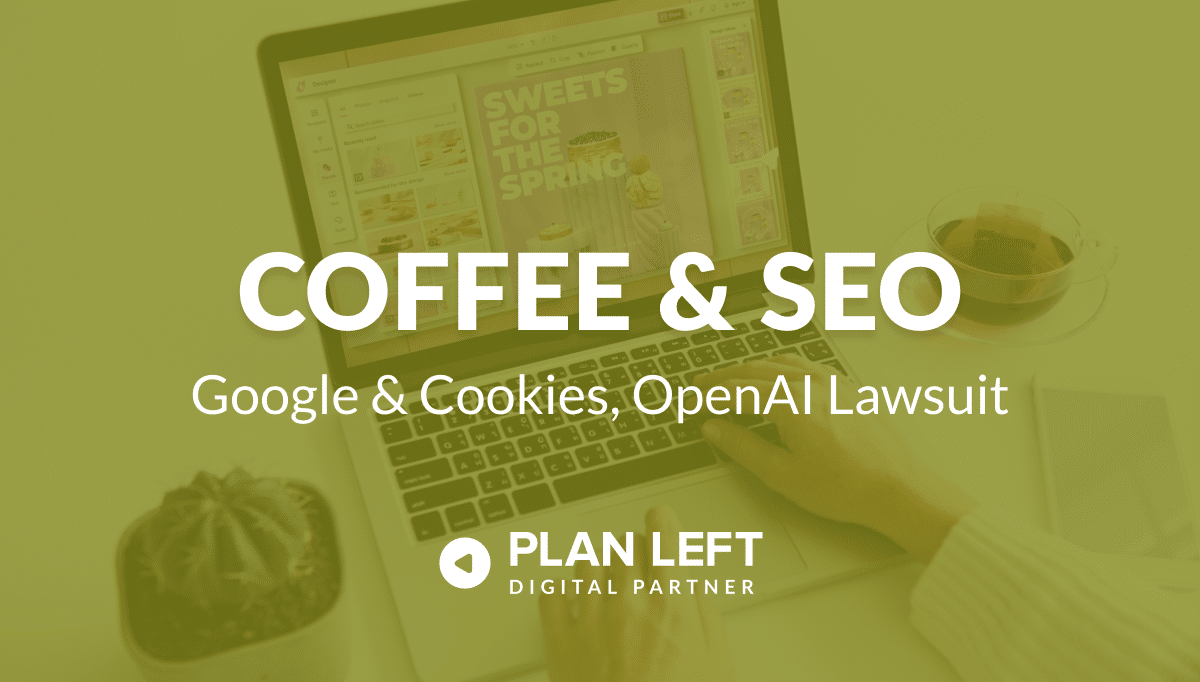
Welcome to this week’s Coffee & SEO, where we’re diving into a whirlwind of digital marketing updates. From Google’s latest stance on meta tags to Microsoft’s innovative AI-driven ad studio, there’s plenty to discuss. We’ll also touch on Google’s new policy for sensitive events, explore cutting-edge programming tools, and look at the evolving landscape of online advertising and privacy. Plus, don’t miss our take on YouTube’s fresh editing features for Shorts.
Google’s Take on the Index, Follow Meta Tag
Google’s John Mueller recently clarified a common misconception in the SEO community regarding the ‘index, follow’ directive in the robots meta tag. Contrary to popular belief, this directive, which is believed to instruct search engines to index content and follow links, is actually redundant for Google. Mueller explained that indexing and following links are default behaviors of search engine crawlers, rendering the ‘index, follow’ directive unnecessary. This clarification aligns with Google’s documentation, which states that these are default values and don’t need to be explicitly stated.
While Google ignores the ‘index, follow’ directive due to its inherent crawler behavior, Bing’s approach is slightly different. Bing also assumes ‘index’ and ‘follow’ by default but allows these directives to be explicitly stated if desired. This insight into the functionality of the robots meta tag highlights the importance of understanding the specific behaviors of different search engines and tailoring SEO practices accordingly. It serves as a reminder that in SEO, efficiency and up-to-date knowledge of search engine algorithms are key to effective optimization.
Alongside the clarification about the ‘index, follow’ directive, it’s important to know which robot tags are actually useful for Google crawlers. These directives provide a more nuanced control over how Google’s crawlers interact with your website’s content, allowing for a more tailored approach to SEO and content management.
According to Google’s documentation, several directives are recognized and can be effectively used to guide the behavior of crawlers:
- noindex: Instructs search engines not to show the page in search results. This is crucial for pages you don’t want to appear in search listings.
- nofollow: Tells the crawlers not to follow the links on a page. This can be useful for pages with links to unverified or non-credible sources.
- noarchive: Prevents a cached copy of the page from being available in search results. This is often used for content that is frequently updated.
- nosnippet: Stops search engines from displaying a snippet of the page in the search results, which can be important for pages where you want to control the information that is immediately visible to searchers.
- notranslate: Instructs not to offer a translation for the page in search results, maintaining the original language presentation.
- noimageindex: Prevents images on the page from being indexed in search results, useful for pages where image content is not intended for public indexing.
- unavailable_after: Specifies a date/time after which the page should not be shown in search results, effectively setting an expiration date for the page’s visibility in search.
Microsoft AI-Powered Retail Media Creative Studio for Ads
Microsoft is revolutionizing the retail media landscape with the launch of its Retail Media Creative Studio, a platform that harnesses the power of generative AI to transform digital advertising for retailers. This innovative tool is set to make a significant impact in the retail media sector, which is projected to burgeon into a $100 billion industry by 2026.
The Retail Media Creative Studio, integrated with Microsoft’s existing retail media platform PromoteIQ, is slated for a preview release in early 2024. Developed in response to feedback from retail partners, the studio addresses the unique challenges of retail advertising by offering a suite of tools that can convert product URLs into fully-designed banner ads in seconds. It also provides AI-driven content generation, enabling the creation of ads that align with a retailer’s branding guidelines with minimal input.
Key functionalities of the Retail Media Creative Studio include enhancing product images into appealing lifestyle visuals, generating customized ad copy suggestions, and simplifying image cleaning and editing. The platform also streamlines the ad approval process, facilitating quicker campaign rollouts and improved team collaboration.
A standout feature of Microsoft’s new tool is its AI-enabled optimization, which analyzes performance data in real-time to adjust banner ads for maximum efficiency, reducing the need for manual testing. Additionally, Microsoft is piloting an integration of in-store media through a partnership with Vibenomics, aiming to offer a comprehensive view of consumer behavior across both digital and physical retail environments.
As Microsoft continues to adapt its retail media offerings to meet evolving market demands, the Retail Media Creative Studio stands as a testament to the company’s commitment to innovation in the advertising realm.
Updated Sensitive Events Policy
Google has announced a significant update to its Sensitive Events Policy, which is set to take effect in February 2024. This update aims to address the use of ads and content during or about sensitive world events across a broader range of its platforms, including Google’s publisher network. Previously, such policies were in place for ads and YouTube monetization, but this expansion marks a more comprehensive approach.
The updated policy defines a sensitive event as an unforeseen or unexpected situation that poses a significant risk to Google’s ability to provide high-quality, relevant information. This includes major events such as:
- Social, cultural, or political events like civil emergencies
- Natural disasters
- Public health crises
- Terrorism, conflict, or mass violence
During these events, Google may take action to mitigate risks around misinformation, fraud, and other predatory practices.
The updated policy goes on to outline specific prohibited practices during sensitive events. These include price gouging, misdirected traffic, and victim blaming. Google has long had policies against exploiting sensitive events for financial gain, and this update reinforces these standards.
AI-Driven Assistance for Programmers
Brave Search has taken a significant leap forward in enhancing search results for programming-related queries with the launch of CodeLLM, an AI-powered programming assistant. Built on the advanced Mistral AI model, CodeLLM is designed to provide developers with relevant, contextual results, including AI-generated code snippets, detailed explanations, and citations.
The launch of CodeLLM comes two years after Brave Search was introduced as an independent alternative to dominant search engines like Google. Emphasizing user privacy, Brave Search doesn’t track users or collect personal data. It uses the Web Discovery Project (WDP) for its search index, serving over 25 million queries per day.
The foundation of CodeLLM lies in the Mistral AI model, known for its capability to generate code from text prompts. This integration allows Brave to automatically deploy CodeLLM for relevant queries, summarizing key information and providing sample code that is grounded in the search results.
One of the key features of CodeLLM is its ability to tap into the contextual power of Brave’s dedicated search engine in real time. This aspect sets it apart from generalized language models, offering more tailored and relevant responses to programming queries. The integration of CodeLLM into Brave Search results in a widget appearing above standard web search results specifically triggered for programming queries.
CodeLLM is immediately available to all Brave Search users on both desktop and mobile platforms, requiring no additional settings adjustments or software downloads. Brave aims to further enhance CodeLLM’s capabilities and plans to offer its results through the Brave Search API for third-party application use in the near future.
Google’s Gradual Restriction of Third-Party Cookies
Google is initiating a phase-out of third-party cookie access in Chrome, something Firefox also implemented, with a complete restriction expected by Q3 2024. However, in recognition of the challenges this poses, Google is offering a limited deprecation trial for certain sites that can prove functionality issues due to this change.
Starting January 4, Google Chrome began restricting third-party cookie access for 1% of users, with plans to gradually increase this percentage to encompass all users globally by the third quarter of 2024.
To qualify for these trials, services must meet strict criteria:
- Services must not be advertising-related
- Origins matching known ad-related domains, including most subdomains, will be rejected
- Applicants must provide proof of direct end-user impact, excluding issues that only affect data analysis
- Detailed steps to reproduce the broken functionality must be logged in bug reports to Google
- Google will validate apparent breakage before accepting requests, with an appeals process available for clarification
- Domains used for both ads and non-ads will be denied due to the ad-related content
Services approved for the trial can enable it by adding unique access tokens in Chrome. To accommodate the short window between registration opening and the initial cookie block, Google is granting a grace period until April 1, 2024, for approved sites to deploy their tokens.
Business owners who rely on third-party services or cookies should audit their site’s usage and prepare for the changes. With the rollout already underway, you want to address potential impacts before a larger percentage of visitors are affected.
YouTube’s New Shorts Editing Tools
YouTube has a new editing feature for its YouTube Shorts platform, currently available on iOS devices, with plans to roll it out to Android soon. This feature adds the ability to edit video layouts when converting long-form clips into YouTube Shorts, making it a great tool for brands and marketers looking to leverage the popularity of Shorts.
The new editing feature is compatible with all Remix tools and allows users to transform their existing long-form videos into YouTube Shorts. This feature is particularly useful for repurposing content to fit the YouTube Shorts format, which is gaining traction among YouTube’s vast user base.
To use this new feature, users will follow these simple steps:
- Go to the video you want to turn into a Short and tap the “remix” button.
- Select “Edit Into A Short.”
- Trim the video to select the part you want to use, then tap “Layout.”
- Choose from various layouts, such as “Single” or “Square,” to focus on a specific part of your video, or select a split-screen layout that fits your content.
- Pinch and drag in the preview section to adjust the layout.
- Save the layout and then upload your YouTube Shorts.
By allowing easy conversion of long-form content into the YouTube Shorts format, YouTube is giving creators tools to enhance their content’s reach and appeal. And with more than 50 billion (yes, that’s with a ‘B’) views a day, your content strategy cannot afford to miss out on this opportunity.
Microsoft Hotel Price & Property Promotion Ad Update
Microsoft Advertising is streamlining the setup and management of Hotel Price ads and Property Promotion ads. Starting February 6, the platform will discontinue the creation of subaccounts and bid management in the Hotel Center, shifting the management of lodging solutions exclusively to Lodging Campaigns. The Hotel Center can still be used for feed management tasks like uploading and editing property feeds or verifying transaction messages.
Microsoft recommends the following steps for advertisers to transition smoothly by February 6:
- Recreate existing Hotel Center subaccounts as lodging campaigns.
- Update URL Tracking at the account/campaign level as needed.
- Allow Hotel Center subaccounts to run for an additional one to two weeks while Lodging campaign traffic picks up. Consider increasing bids slightly for Lodging Campaigns to help with volume.
- After new campaigns ramp up, reduce the Hotel Center budget to $0 and delete the subaccounts.
Advertisers in the hospitality sector should take proactive steps now for a smooth transition to the new system and, if interested, participate in the Microsoft Advertising Lodging Solution pilot initiative by filling out the enrolment form to determine eligibility and begin the process.
Watercooler Highlights
Wrapping up this week’s SEO and tech news, we’ve got some intriguing developments to discuss. First, there’s the New York Times’ lawsuit against OpenAI and Microsoft, a case that’s stirring up questions about AI and copyright laws. Then, we dive into Microsoft’s latest innovation, the Retail Media Creative Studio, which is set to revolutionize banner ad creation with its AI-powered tools. And, lastly, we can’t overlook Google’s recent update to structured data, now incorporating hashtags in @id references, a subtle yet significant shift for web developers and SEO experts.
NY Times Lawsuit Against OpenAI & Microsoft
OpenAI has responded to a lawsuit filed by The New York Times, alleging that the newspaper used manipulative prompting techniques to induce ChatGPT to regurgitate lengthy excerpts of its content. The lawsuit, which also involves Microsoft, accuses ChatGPT of copyright infringement by “reciting Times content verbatim,” among other complaints. The New York Times presented evidence showing how GPT-4 could output large amounts of its content without attribution, challenging OpenAI’s assertion that its use of data is transformative and falls under the fair use doctrine.
The lawsuit by The New York Times asserts that OpenAI’s use of its content is not transformative and, therefore, not protected under the fair use doctrine. The newspaper introduced evidence demonstrating how GPT-4 outputs exact copies of its content, countering OpenAI’s stance on transformative use.
OpenAI countered these claims by stating that The New York Times used techniques to break GPT-4’s guardrails, thereby producing the disputed output. OpenAI argues that this type of prompting, designed to generate undesired output, is known as Adversarial Prompting and is not typical or allowed user activity. OpenAI emphasized that their models are designed not to output verbatim content and that the methods used by The New York Times to generate such content violated OpenAI’s terms of use.
Microsoft’s Retail Media Creative Studio
Microsoft is launching a new AI-powered solution, Retail Media Creative Studio, within its retail media platform. This tool is designed to automatically generate banner ads in seconds, streamlining the ad creation process for advertisers and enabling you to quickly generate banner ad creatives simply by inputting a product’s URL.
The generative AI tool makes sure that these creatives conform to each retailer’s style guide, reducing the need for manual resizing or frequent adjustments. The platform offers a review process where retailers have the final say before ads go live and allow various company departments to jointly review and approve the same set of banner creatives, facilitating faster campaign launches.
Once live, the banner ad campaigns are optimized using AI algorithms. These algorithms select the most effective banner creative based on key metrics like click-through rates and sales conversions, eliminating A/B testing.
Google Structured Data to Include Hashtags in @id References
Google has updated its structured data documentation to use hashtags for @id references now. This change aligns with schema best practices for using hashtags as resolvable in-page node identifiers in RDF (Resource Description Framework).
Google provided before and after examples to illustrate the change:
- Before: The structured data ID references did not include hashtags.
- After: The references now include hashtags.
Although it is not mandatory to update existing structured data, following best practices helps your structured data be as effective and compliant as possible.
Your brand deserves a partner who not only keeps pace but also anticipates the next big trend. Plan Left is at the vanguard of these changes, offering insightful guidance tailored to your brand’s unique needs.
At Plan Left, we specialize in turning complex digital challenges into opportunities for growth and innovation. Our team brings a wealth of experience and creative foresight, ensuring that your brand’s digital presence is not just up-to-date but also ahead of the curve. For leaders seeking an agency that understands the full scope of their ambitions and possesses the knowledge to realize them, Plan Left is your strategic ally. Connect with us, and let’s set a path to elevate your brand to new heights.
Explore Latest Posts
The Hidden Costs of Managing Your Own Google Ads: What Most Business Owners Miss Google Ads seems straightforward enough: pick ... read more
February 11, 2026
Building a Marketing Strategy That Doesn't Require the CEO's Daily Involvement You built your business through hustle, and marketing was ... read more
February 4, 2026
How to Evaluate a Marketing Agency When You've Been Burned Before Getting burned by a marketing agency leaves more than ... read more
January 28, 2026
Essential Strategies for Entrepreneurs
Get Actionable Business Insights & Marketing Tips
Our newsletter delivers real-world strategies from entrepreneurs who’ve been exactly where you are.
Sign up now for:
- Actionable growth strategies that work
- Insider tactics for attracting top talent
- Real-world case studies from successful founders
- Emerging tech trends that drive innovation
- Pragmatic marketing approaches for visionary leaders
